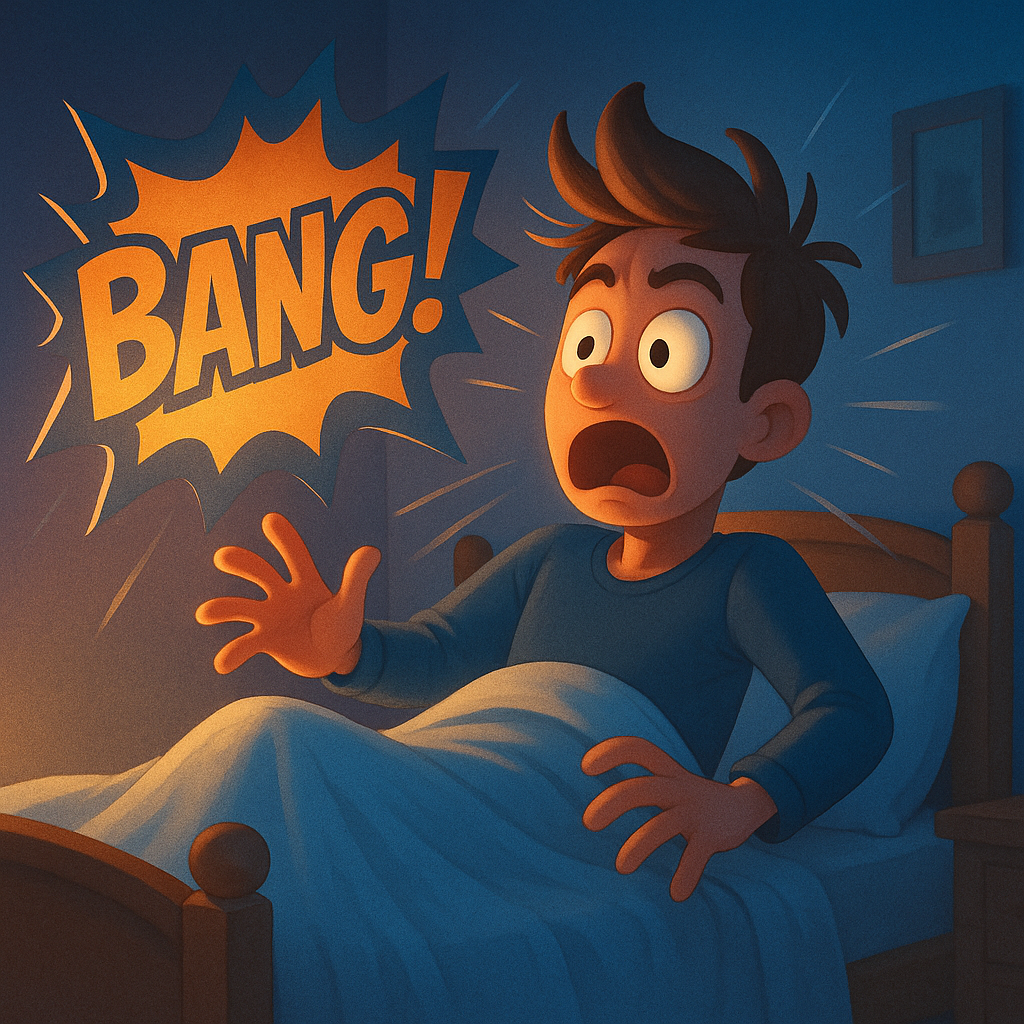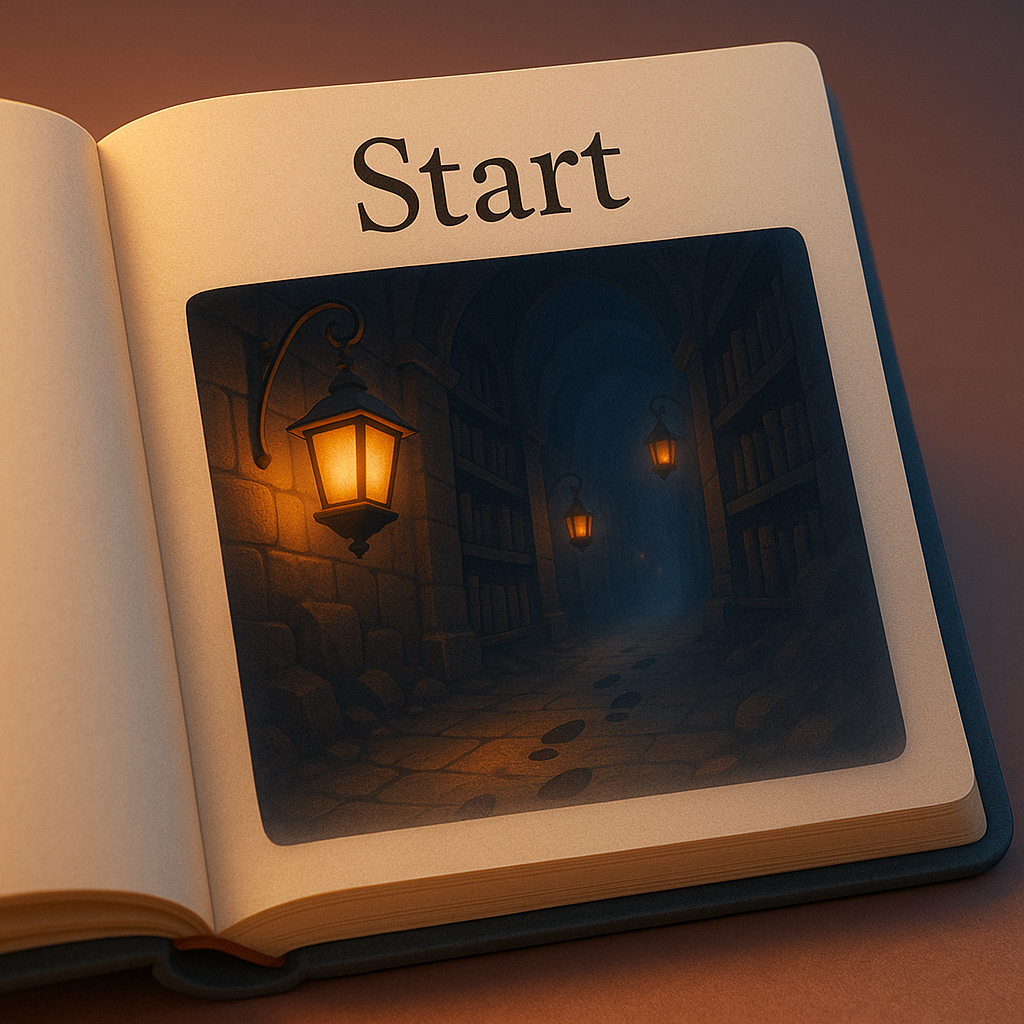Start
Definition
Start refers to the act of beginning something or causing something to begin. It can also mean a sudden movement, often from surprise or shock.
Parts of Speech
- Noun
- Verb
Pronunciation
American English
- IPA Pronunciation: /stɑrt/
- Respelling: START
British English
- IPA Pronunciation: /stɑːt/
- Respelling: STAHT
Etymology
The word "start" originates from Old English "styrtan," meaning "to leap up or jump up." It is related to Middle Low German "sterten" and Old Norse "sterta," both carrying the sense of sudden movement or beginning.
Derivatives
- Starter (noun)
- Restart (verb, noun)
- Starting (adjective, noun)
- Startup (noun)
- Outstart (noun)
Synonyms
- Begin
- Commence
- Initiate
Antonyms
- End
- Stop
- Finish
Usage
The term "start" is widely used to describe the initiation of an action or event. For example, "She decided to start a new hobby," or "The race will start at 10 a.m." It is also used metaphorically, such as "It’s never too late to start over."
Related Terms
- Initiation: The act of beginning something.
- Onset: The initial stage of an event or process.
- Origin: The point at which something begins.
Detailed Definitions
Noun
- The act of beginning or initiating something: Refers to the moment when something begins.
- Example: "The start of the project was delayed."
- A sudden movement or reaction: Indicates a quick or abrupt motion caused by surprise or emotion.
- Example: "He woke with a start after hearing the loud noise."
- The initial part of something: Refers to the beginning section or phase of an event or object.
- Example: "The book's start was intriguing."
Verb
- To begin or cause to begin: Refers to initiating an activity or process.
- Example: "They decided to start a business together."
- To move suddenly or sharply: Indicates a quick or abrupt reaction to a stimulus.
- Example: "She started when the door slammed unexpectedly."
start



🇨🇳 Mandarin (Chinese)
- 开始 (to begin)
- IPA Pronunciation: /kaɪ˥˩ʂɨ˥/
- English Respelling: kāi shǐ
- 启动 (to start up, e.g. a machine)
- IPA Pronunciation: /t͡ɕʰi˥tʊŋ˧˥/
- English Respelling: qǐ dòng
🇮🇳 Hindi
- शुरू करना (to begin)
- IPA Pronunciation: /ʃʊruː kəɾnə/
- English Respelling: shuroo karna
- प्रारंभ (start as a noun)
- IPA Pronunciation: /praːrəmbh/
- English Respelling: praarambh
🇪🇸 Spanish
- Empezar (to begin)
- IPA Pronunciation: /empeˈθaɾ/
- English Respelling: em-pe-thar
- Iniciar (to start up, initiate)
- IPA Pronunciation: /iniˈθjaɾ/
- English Respelling: ini-thi-ar
🇫🇷 French
- Commencer (to begin)
- IPA Pronunciation: /kɔmɑ̃se/
- English Respelling: kom-ahn-say
- Démarrer (to start up)
- IPA Pronunciation: /demare/
- English Respelling: de-mar-ay
🇸🇦 Modern Standard Arabic
- بدأ (to begin)
- IPA Pronunciation: /badaʔa/
- English Respelling: bada'a
- يبدأ (starts)
- IPA Pronunciation: /jabdaʔ/
- English Respelling: yabda'
🇧🇩 Bengali
- শুরু করা (to begin)
- IPA Pronunciation: /ʃuru kɔɹa/
- English Respelling: shuru kora
- আরম্ভ (start as a noun)
- IPA Pronunciation: /arambha/
- English Respelling: arambha
🇷🇺 Russian
- Начать (to begin)
- IPA Pronunciation: /nɐˈt͡ɕatʲ/
- English Respelling: na-chat'
- Старт (start as a noun)
- IPA Pronunciation: /start/
- English Respelling: start
🇵🇹 Portuguese
- Começar (to begin)
- IPA Pronunciation: /koˈmesar/
- English Respelling: ko-meh-sar
- Iniciar (to start up, initiate)
- IPA Pronunciation: /i.ni.siˈaɾ/
- English Respelling: ini-see-ar
🇮🇩 Indonesian
- Mulai (to begin)
- IPA Pronunciation: /mu.lai/
- English Respelling: mu-lai
- Memulai (to start up, initiate)
- IPA Pronunciation: /mə.mu.lai/
- English Respelling: me-mu-lai
🇩🇪 German
- Anfangen (to begin)
- IPA Pronunciation: /ʔanˈfaŋən/
- English Respelling: an-fangen
- Starten (to start up)
- IPA Pronunciation: /ˈʃtaʁtn̩/
- English Respelling: shtartn
🇯🇵 Japanese
- 開始する (to begin)
- IPA Pronunciation: /kaɪsi suɾu/
- English Respelling: kaisi suru
- スタート (start as a noun)
- IPA Pronunciation: /sutaːto/
- English Respelling: suta-to
🇻🇳 Vietnamese
- Bắt đầu (to begin)
- IPA Pronunciation: /ɓaːk˧ˀ˦ˀ zɔː˧/
- English Respelling: bat dau
- Khởi đầu (to start up)
- IPA Pronunciation: /kʰwəj˧ˀ˦ˀ zɔː˧/
- English Respelling: khoi dau
🇰🇷 Korean
- 시작하다 (to begin)
- IPA Pronunciation: /ɕiʝak̚had̥a/
- English Respelling: shijakhada
- 스타트 (start as a noun)
- IPA Pronunciation: /sʰŭtʰathʌ/
- English Respelling: seutateu
🇹🇷 Turkish
- Başlamak (to begin)
- IPA Pronunciation: /baʃlaːmɑk/
- English Respelling: bashlamak
- Başlangıç (start as a noun)
- IPA Pronunciation: /baʃlaŋɯtʃ/
- English Respelling: bashlangich
🇵🇰 Urdu
- شروع کرنا (to begin)
- IPA Pronunciation: /ʃʊruː kəɾnə/
- English Respelling: shuroo karna
- آغاز (start as a noun)
- IPA Pronunciation: /aːɣaːz/
- English Respelling: aaghaz





